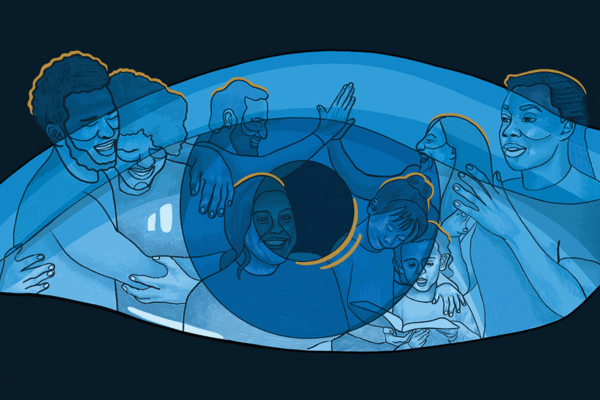THERE IS A saying in Telugu, my mother tongue: “The fence has devoured the garden.” I find it a useful phrase in this year when the United States embarks on a federal election cycle that will test the strength of our democratic institutions and may well damage their integrity. The same leaders entrusted with the power to safeguard the interests of the people (“the fence”) have instead undermined them. Growing economic inequality continues to dehumanize individuals and entire communities. Women, Black, brown, refugee, and LGBTQ people increasingly feel at risk in light of recent court rulings. Leaders expected to provide vision in times of crisis, whose mission is to “protect the garden” of democracy and civil life, appear to be actively “devouring” it. And accountability has been in short supply.
How do we facilitate transformative changes that allow individuals and communities, especially those at the margins, to realize their dreams and flourish? At a time when scriptures (such as Romans 13) are used to prescribe uncritical loyalty to authorities, what are some strategies for holding those authorities accountable? This month’s texts invite us to identify and nurture leaders who can see things differently, offer a generative vision, and undertake radical changes. They exhort us to empower a new generation of leaders who are working collaboratively and serving the people with integrity, and who privilege the interests of the community over their own.
Read the Full Article

